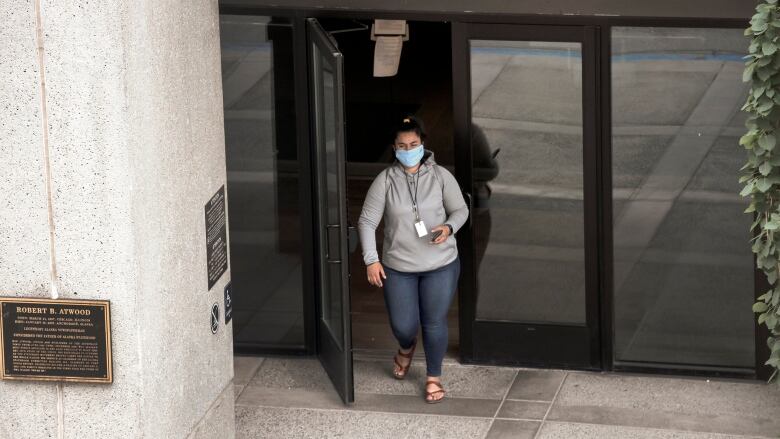Indigenous communities in Alaska harder hit by COVID-19
Pacific Islanders contractedCOVID-19 at 8 times the rate of rest of population, data suggests

Alaska state health data indicate PacificIslanders and Alaska Natives are more likely to contract COVID-19and be hospitalized with the illness.
Beyond underlying medical conditions, culture and economicscontribute to the disparity, Alaska Public Media reported Tuesday.
Data indicate Pacific Islanders in Alaska have contractedCOVID-19 at about eight times the rate of the rest of the population and are more than four times as likely to be hospitalized with the virus.
Alaska Natives are more than one-and-a-half times as likely tocontract the coronavirus and have been hospitalized almost twice as much.
Pacific Islanders, Alaska Natives and American Indians, who alsohave been more susceptible to the virus, are more likely to live in crowded, multi-generational housing where the virus can easily spread.
Dr. Bob Onders, medical director of the Alaska Native TribalHealth Consortium, said multi-generational housing can create a higher risk for these groups in urban and rural areas. Many homes in rural Alaska also lack adequate sanitation, another factor contributing to virus spread.
Closeness is culture
Lucy Hansen, president of the Polynesian Association of Alaska,said physical closeness is customary for the Pacific Island community.
"We're a culture that we love to hugand we love to kiss. It'sthe way we show our love and affection," Hansen said.
Social gatherings have been a conduit for virus transmission andHansen has asked community and church leaders to spread the message that meeting in person can be dangerous.
Hansenhas also translated health information resources intoSamoan and Tongan for community members who do not speak English as a first language.
"We just have to remind each other that it's very real," Hansensaid. "It's not something that you joke around with."
For most people, the coronavirus causes mild or moderatesymptoms, such as fever and cough that clear up in two to three weeks. For some especially older adults and people with existing health problems it can cause more severe illness, including pneumonia, and death.
The number of infections is thought to be far higher because manypeople have not been tested, and studies suggest people can be infected with the virus without feeling sick .












_(720p).jpg)


 OFFICIAL HD MUSIC VIDEO.jpg)
.jpg)



























































































